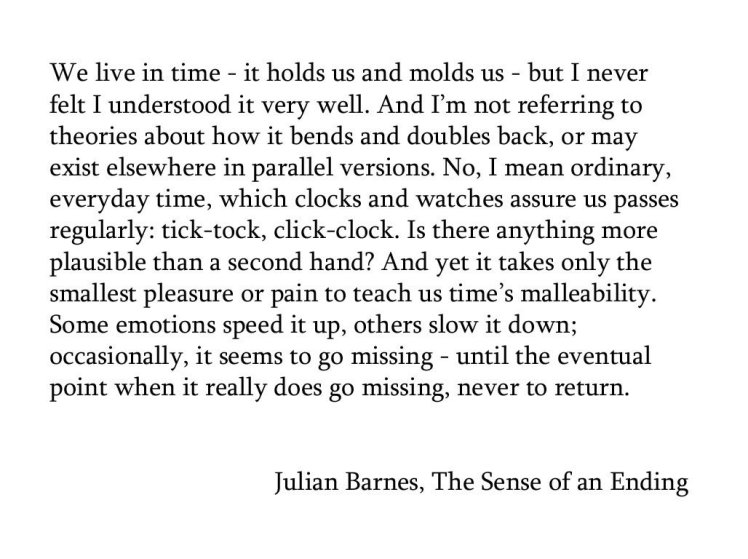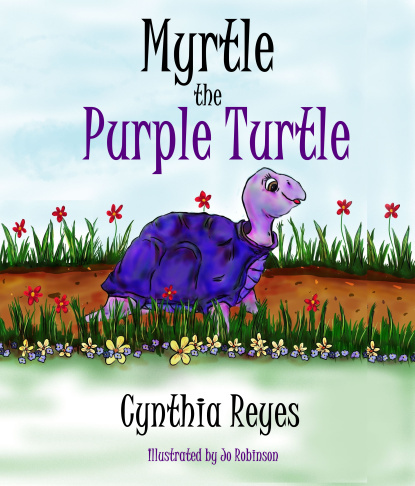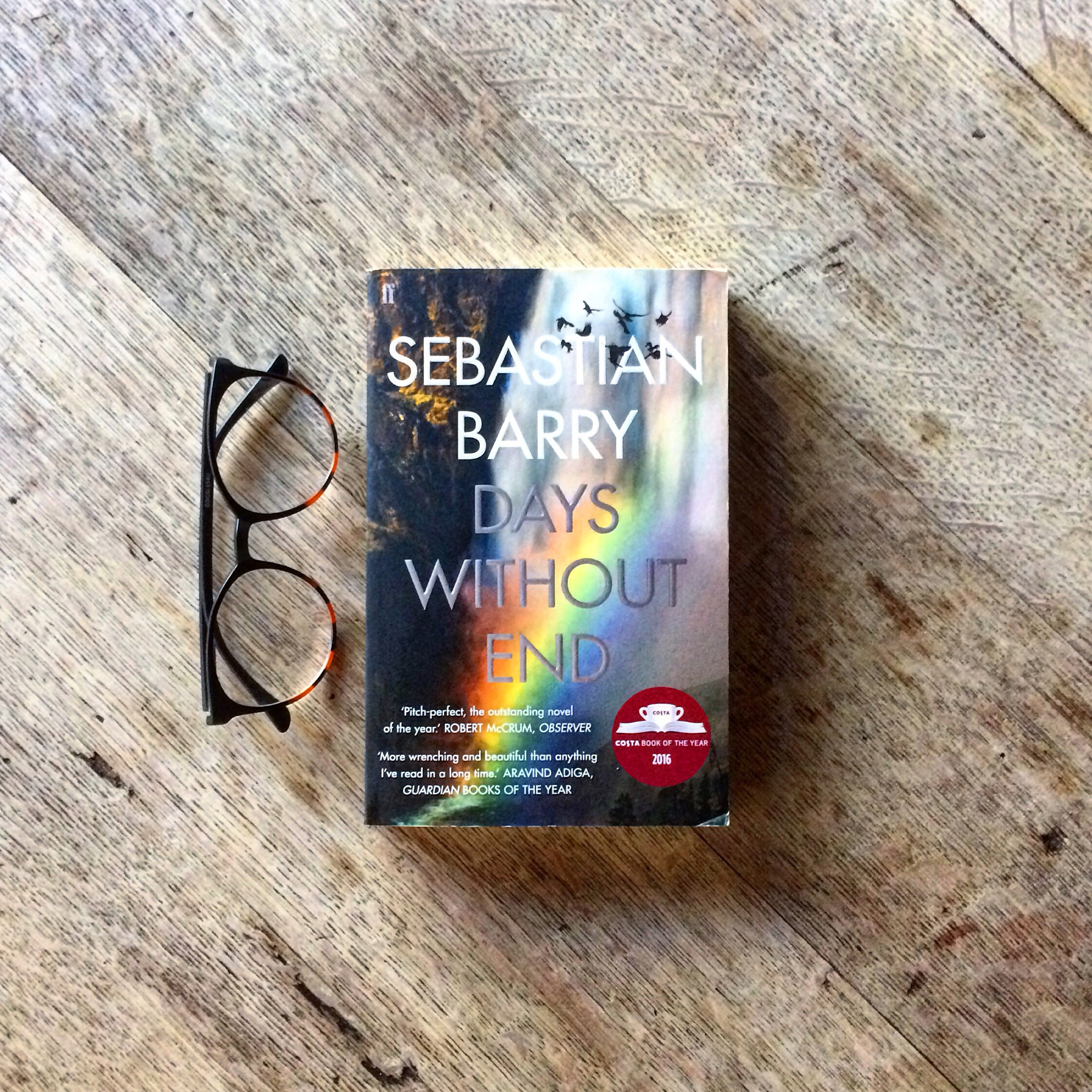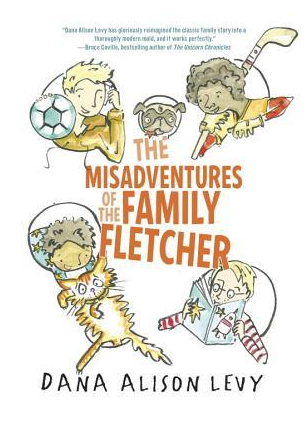
What was supposed to be a productive day writing papers in a coffeeshop turned out to be a pretty relaxing albeit unproductive day re-reading one of my most favorite novels from my bookshelf. I first read The Sense of an Ending by Julian Barnes back in my undergrad college days. I let my sister borrow this book recently since I wanted to keenly influence her on discovering great reads from contemporary authors. I was really glad that she loved it though because our reading genres are almost always polar opposites. She’s more of a Stephen King type of reader and I’m more into the romantic / fantasy / surrealism genre.
Apart from my Haruki Murakami obsession, The Sense of an Ending is really one of my highly recommended books of all time. The nostalgic narration, the concept of time as a literay device, and the hubris of youth; every part of this book was just perfectly described in prose that I tended to sustain the habit of picking it up every few years just to read the favorite parts that I highlighted. Here’s one of my favorite ones:

That quote in the beginning of the book made such a profound impact on me right afrer I first read it. I even photoshopped that quote and posted it on Pinterest a few years ago. But reading it again now a few years later, I think I can relate to it more.
The concept of growing old and chasing time had been one of the major themes in The Sense of an Ending. It had been something that fascinated me most. Being young makes you feel invincible. Like there are endless possibilities that await you. But a few years after I graduated and finally stepped into the corporate world, I realized that now I can identify myself more into Tony’s sentiments. I understood his perspective more now than a few years ago, specifically about the fact that he blocked out the bad memories of his college days such as his scathing letter to Adrian. There are chapters in life that we all want to forget and I understood Tony more now that I have had a few years of living in the real world myself while I struggle to master the art of “adulting” as I get older.
Another central theme in the book was the concept of suicide. Adrian’s suicide came as a shock to Tony and his friends. He seemed like a clever boy with a bright future ahead of him and taking his own life abruptly seemed like such a waste. It was until later in the book that we found out why he really killed himself. What Tony first thought was an admirable reason which stated that “a free person has a philosophical duty to examine the nature of life, and may then choose to renounce it” was actually motivated by selfishness. He didn’t want to be held accountable for his actions and he chose the easy way out – by ending his life.
I also watched a recent movie adaptation of this book. Tony was played by Jim Broadbent (aka Professor Slughorn). Although the movie was good and it’s admirable that it stayed true to the novel’s storyline, it still failed to resonate to me as much as the book did. And that I think is the magic of The Sense of an Ending, because every single time I pick it up again, it seems like there is still something more to the story that is waiting to be uncovered.
Advertisements Share this:




